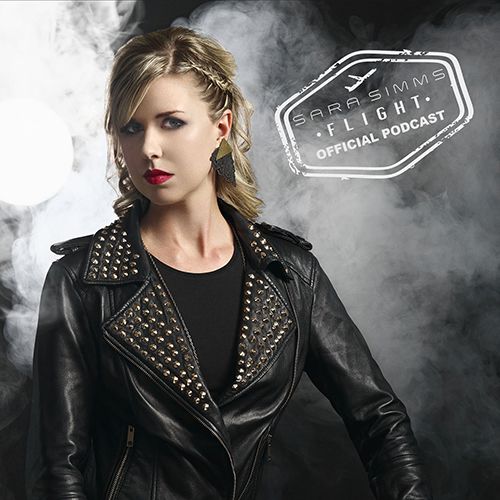
If you've been working your craft as a DJ for some time and you'd like to promote your mixes and music to a larger worldwide audience, then it might be time for you to create your own DJ podcast. Almost every DJ in the Top 100 DJ polls has their own podcast that's broadcast on a regular schedule. Its a great way to build and maintain your fan base. You can also use a podcast to promote your music, events and other DJ-business related activities and break exciting new unreleased tracks. Creating a regular DJ podcast requires time, effort and a music library that's continually being updated. If you really love your craft, its a fun project that will pay off for you down the road, and your happiness (and fans) will increase as you start to see your episodes pile up in the iTunes library.
Inspiration
Before you begin to create your own DJ podcast, its important that you listen to a few reference podcasts, so you have an understanding of what a great podcast sounds like.
A few of the top DJs who create podcasts include:
- Hardwell '" On Air Official Podcast
- Afrojack '" JACKED Radio (Official Podcast)
- Avicii '" LEVELS Podcast
- DJ Tiesto '" Tiesto's Club Life Podcast
All of these podcasts have a few elements in common, including a great intro (usually including cuts from the artists's top tunes) a current mix of chart topping hits and new tracks, and remixes and original tracks by the artists themselves. Interestingly enough, on each of the podcasts above, the DJ on each podcast does their own voice-over work . Check out these podcasts and do some digging to find your own favorites, subscribe to them on iTunes and study them.
Mixing and Recordings
Next its time to dig in the crates (this may be a digital activity) and find some gems to play on your podcast. Don't forget to include your own originals or edits, as well hit up up-and-coming producers for their new tracks, so you can help to expose their music to a wider audience. Take some time to plan out your mix, you may even want to set the track order in advance and be sure the set has a good musical flow. When its time to record your mix, you can easily do using Traktor or Serato or another leading DJ software program. Before you begin to record, do make sure you use high quality audio files and your equipment is in good working order. Be sure to record your mix at a reasonable level and keep the audio at the highest possible quality throughout the entire recording process.
Microphone
If you'd like to feature voice-over work overtop of your mix, you can either choose to do this while recording your mix, or you could record the voice-over parts after the mix is finished. Choose your words carefully, introduce yourself and give some interesting background on the tracks. If you're really not confident on the mic, you might also want to feature an emcee on your podcast, and have them be 'the voice' of the show. You can also use the talk time on the show to plug upcoming shows, upcoming releases, or the launch of a new project (e.g., you have a new web shop opening up on your site).
If you're going to be recording vocals, make sure to use a half-decent microphone. A Shure SM58 works great for recording vocals, or if its just simple voice-over work you'll be recording, you might want to check out a USB mic like a Blue Yeti USB microphone. It's best if you can record your vocals in an environment that's acoustically treated, but if you're on a budget or don't have the space for a sound booth, you can also build your own vocal booth on a budget. I built one myself for less than $25 using a large plastic container lined with some bedding foam, and secured the bedding foam to the container using adhesive spray. A microphone can easily sit inside the vocal booth on a short mic stand and while it's not super glamorous, a simple solution like this can help you get the job done and create results that are fairly professional sounding.
Introducing...
Most DJ podcasts feature a killer intro that uses a combination of the DJs hits, sound effects and voice-over work. It's best if you can use some parts of your original tunes to create the intro, or create something short and catchy. For the voice-over shout-outs, if you have some friends with good voices, ask them if they will help you to record some shout-outs for your show. If you have the money to spend, then you could also search online for individuals who offer voice tags (yes, they do exist!) but if you're just starting out then its probably best to be creative and find some buddies to help you out.
If you're really struggling with the intro, there is always the option of hiring a producer or production house to create an intro for you. If you don't have a lot of your own material yet, ask to see if you could feature another local producer's music in the intro, or another option is to launch the series without an intro and create one once you do have a few more productions under your belt.
Stitching It All Together
Next in your DAW, you'll have to edit together the podcast. If your vocals are on a separate track, you'll want to spend a bit of time cleaning up your audio. On the file itself, you can manually remove problem areas by cutting them out and/or using a noise gate. Next you may want to use a little EQ; cutting the low end below 80'"130 Hz can help to clean up the audio. You also may want to boost the Hi frequencies using a shelf filter, or the mid-range frequencies between 2 and 4 kHz. Lastly, add a bit of light compression on top to finish your vocal track off.
Mastering Your Podcast
Since you're creating a top notch production, it's a good idea to have a professional mastering engineer master your finished podcast, including the intro. As a rule, I always out-source my mastering as this frees up my time to focus on musical activities. If you're on a budget, find a good up and coming mastering engineer to work with; there are plenty of mastering houses that have some great engineers who are learning their craft who could help you to work on a DJ podcast series at a rate that's affordable for you.
Stay tuned for Part Two of this article, we'll look at the technical details of where to host your podcasts online, and how you can easily upload them to iTunes.
Happy recording!
If you'd like to listen to the Sara Simms' Official Podcast, Flight, its available in iTunes here:


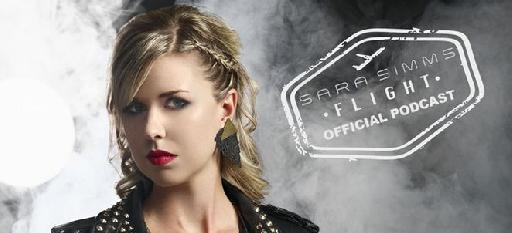
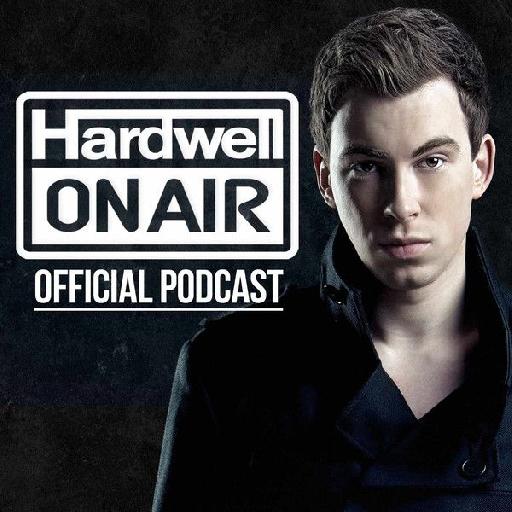
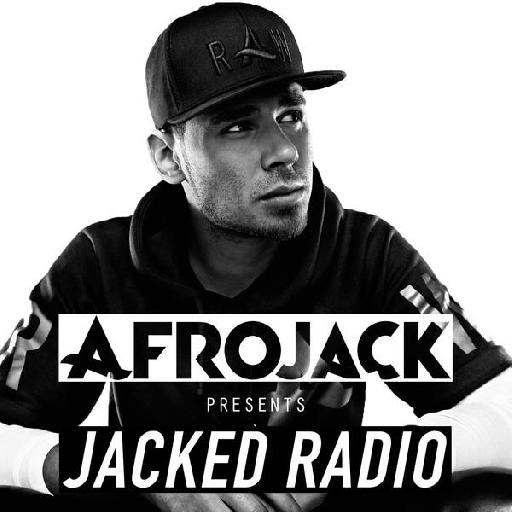
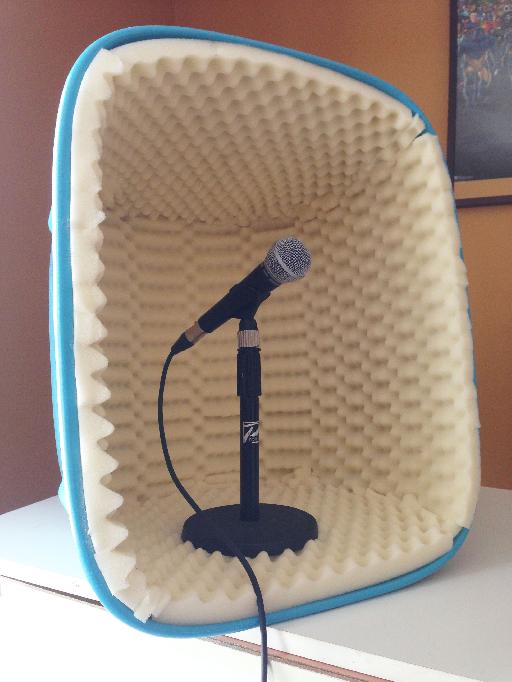
 © 2024 Ask.Audio
A NonLinear Educating Company
© 2024 Ask.Audio
A NonLinear Educating Company
Discussion
Great tips though!
Want to join the discussion?
Create an account or login to get started!